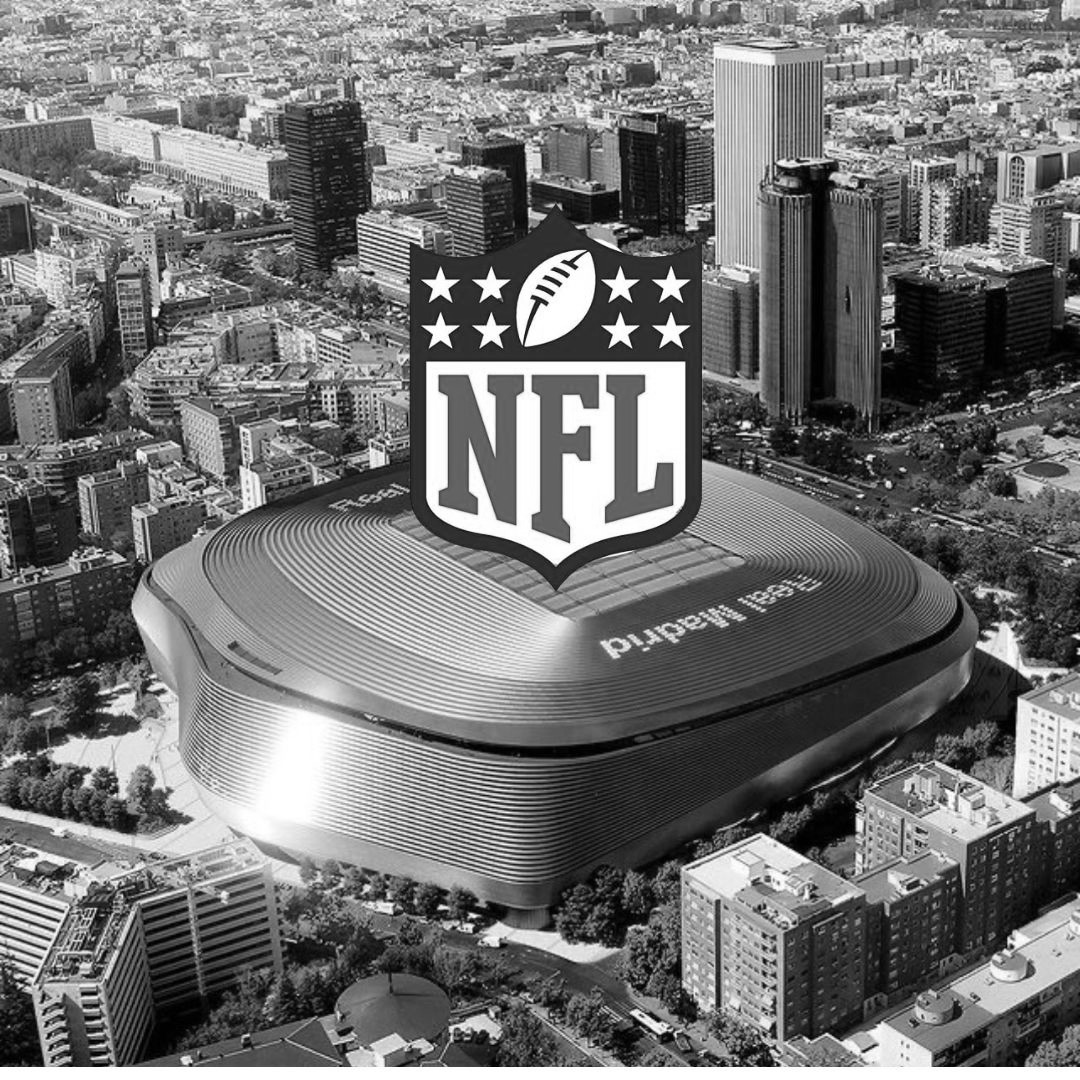Over time, the National Football League’s success in the United States has grown immensely. American football is by far the most popular sport in the U.S., and the NFL has done well in capitalizing on home interest in the sport. The Super Bowl has become a massive cultural event even outside the game itself. Events such as the NFL Draft, Combine and schedule release have helped the league take over the calendar completely.
With this kind of success on home soil, why would the NFL want to stop there? They haven’t. The league has greatly expanded its international program, including adding more global market programs for teams and increasing the number of games played on international soil each season. Last December, owners voted to authorize the league to host eight international games per season, and NFL Commissioner Roger Goodell has expressed the desire to expand to 16 international games per season. The five international matchups for the 2024 season include three games in London, one in Munich and one in São Paulo, marking the first-ever NFL game played in South America.
The NFL has been playing games in London since 2007, totaling over $2 billion in economic impact. At this year’s game at Wembley Stadium on Oct. 20, between the Jacksonville Jaguars and New England Patriots, the London Series marked 3 million fans who have attended games since 2007. The other two London games were held in Tottenham Hotspur Stadium, which were both sold out. Fans from 80 different countries purchased tickets for these two games. The league’s efforts to hold international games at well-known stadiums across the globe bring a certain celebratory quality to the occasions. Peter O’Reilly, the NFL’s executive vice president of Club Business, League Events & International, emphasized that the league is “trying to think of these games as mini Super Bowls,” adding halftime performances, fan experiences and other attractions.
Following the historic São Paulo game, which generated nearly $62 million in economic impact with a sold-out crowd of over 47,000, the NFL is looking to keep this new fanbase energized. By putting on flag football programs and other fan events, the NFL looks to maintain a new international fanbase, keeping them interested in football year-round. This is also the reason for the expansion of the global markets program, which now includes 25 teams with four added this year. In 19 international markets, teams involved can develop brand outreach and hold their own events and fan engagement programs for international markets.
The NFL seems to be handling international logistics well, too. There are concerns about extensive travel and how it impacts schedules for teams in the games, but they have had experience with this in the past. The long travel times, of course, have been part of the deal for years, and the Packers took an 11-hour flight to Brazil for the São Paulo game. Clearly, the NFL has accepted the long hours and disruption that come with the International Series. Scheduling games in less-than-ideal ways for teams is also already a trend: the four teams that play on Christmas Day this season, which is a Wednesday, also play the previous Saturday.
So don’t be surprised to learn that the NFL is looking into new host cities for the International Series. They’ve already planned a game in Madrid next season. They’re hoping to return to Mexico City after a two-year hiatus. They did a site visit to Abu Dhabi within the past year. They’ve also looked at Paris, Barcelona, Rome, Dublin, Sydney and Melbourne. The increased number of international games gives the NFL a lot more room to add new destinations.
The focal point of the NFL’s international pursuits is, of course, money. The NFL has to worry far less about keeping domestic fans engaged, because American football is such a cultural staple in the States as it is. Once the domestic interest is conquered, the next move business-wise is the rest of the world. Many other countries are just as invested in their favorite sports as Americans are in football, and grabbing their interest in another sport clearly generates a lot of revenue for the league. The NFL generated over $20 billion total last year, but they can always make more.







































































































































































































